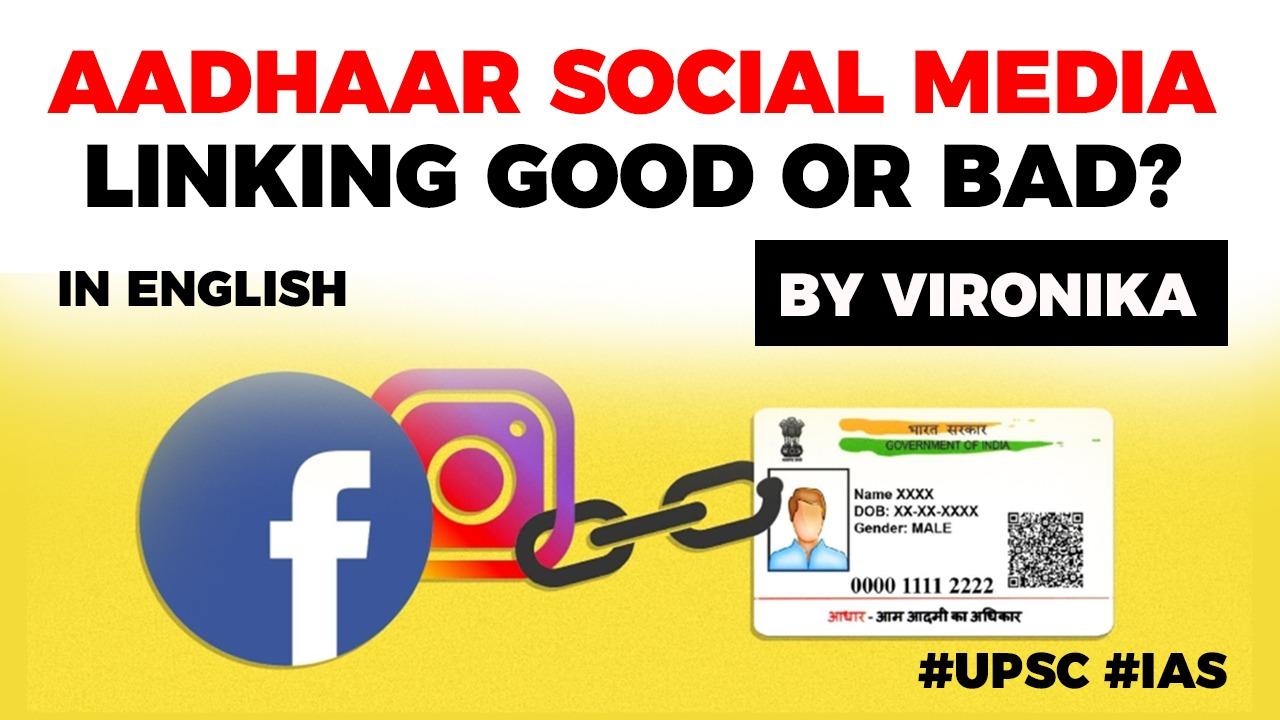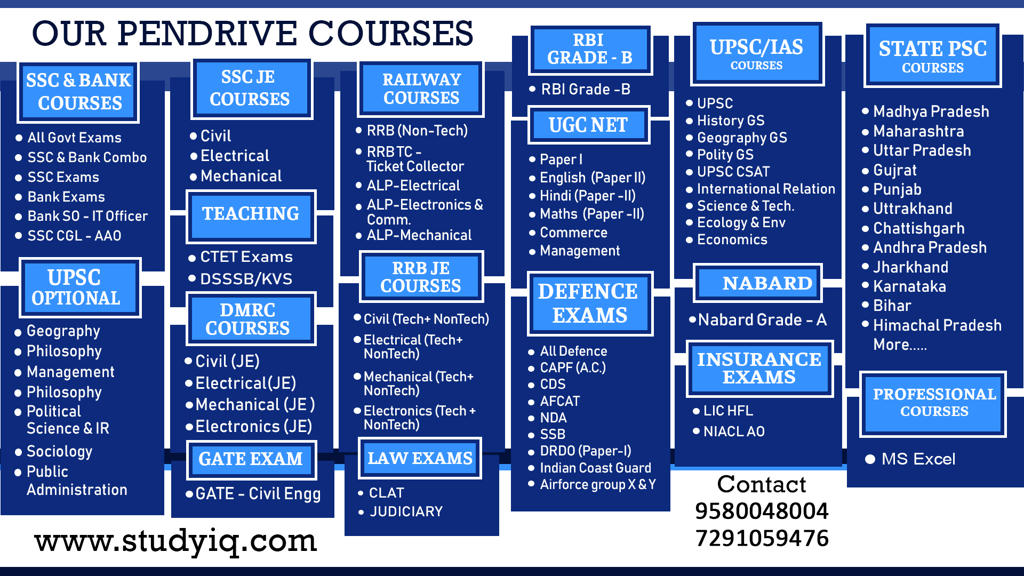Table of Contents
Context
- From January 2020 the Supreme Court will hear cases seeking the linking of Aadhaar with social media profiles of individuals.
- It will be the first big legal battle on the right to privacy
Issue
- Right to privacy
- The balance between intermediary liability and free speech.
- The government submitted an affidavit stating that the Internet has emerged as a potent tool to cause unimaginable disruption to the democratic polity.
- It said that it will notify “extant rules” for “effective regulation of intermediaries” such as social media platforms.
Various Cases
- In October 2018, Sagar Suryavanshi, an advocate, moved the Bombay High Court seeking a ban on all paid political content online 48 hours before elections.
- In July 2019, advocate Amitabh Gupta move the MP High Court seeking mandatory KYC of all social media users using Aadhaar and other identity proof.
Guidelines
- The central government informed the apex Court that fresh guidelines for regulating intermediaries under the IT Act were in the pipeline.
- In January, the Ministry for Information and Technology had published draft Rules on regulating intermediaries, seeking responses from the public.
- The Madras High Court had sought an affidavit from V Kamakoti, a professor with IIT Madras, who said he could provide the technology to enable the intermediary to decrypt the encrypted message when necessary.
- Availability Unique Aadhar id Number of every Individual
- It is a 12 digit individual identification number issued by UIDAI (Unique identification authority of India) on behalf of Government of India
- It will serve as identity and address proof anywhere in India. It is available in 2 forms, physical and electronic form i.e. (eAadhaar).
- Challenges apparent in the linking of Aadhaar number with social media profiles
- How such linking will be implemented?
Latest Burning Issues | Free PDF






















 WhatsApp
WhatsApp